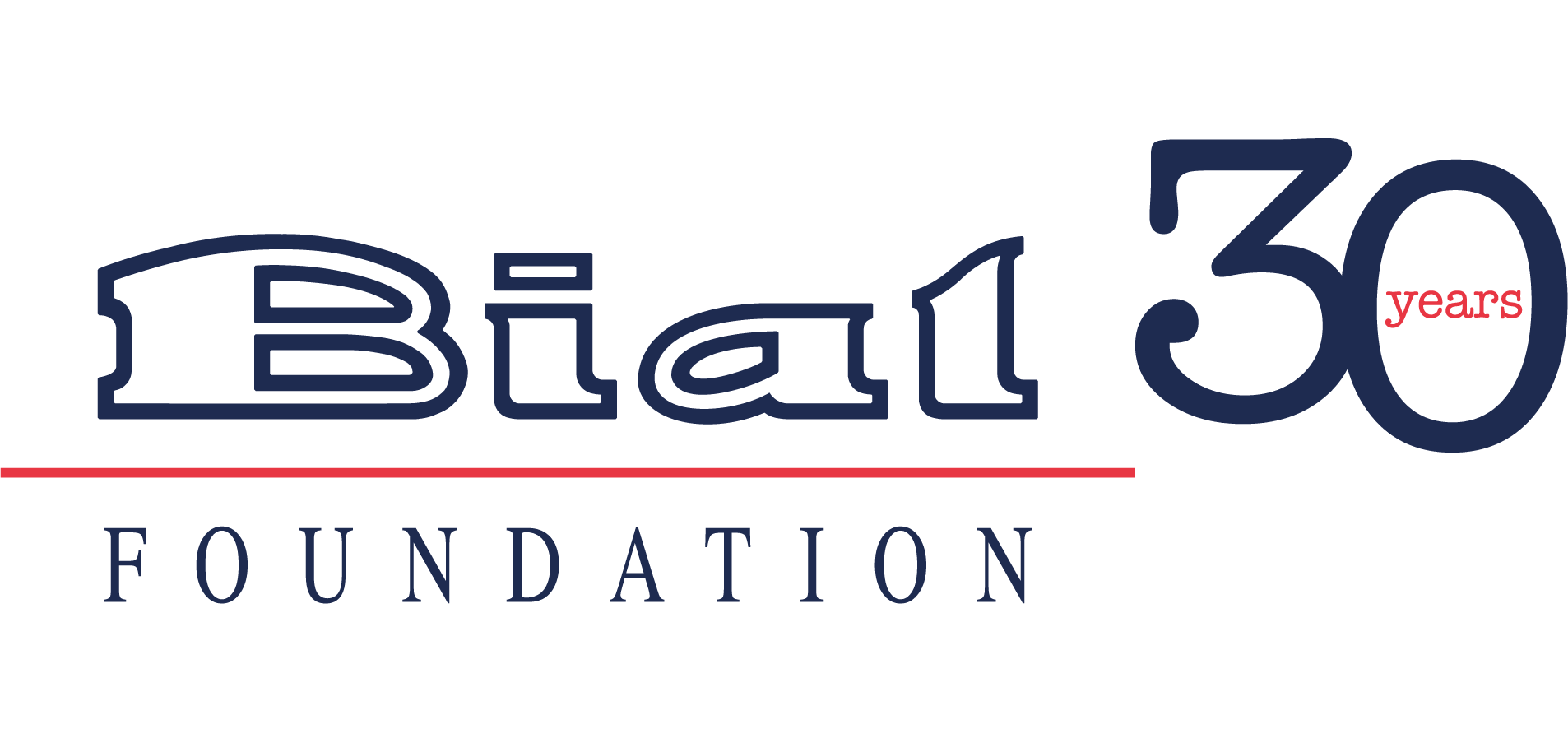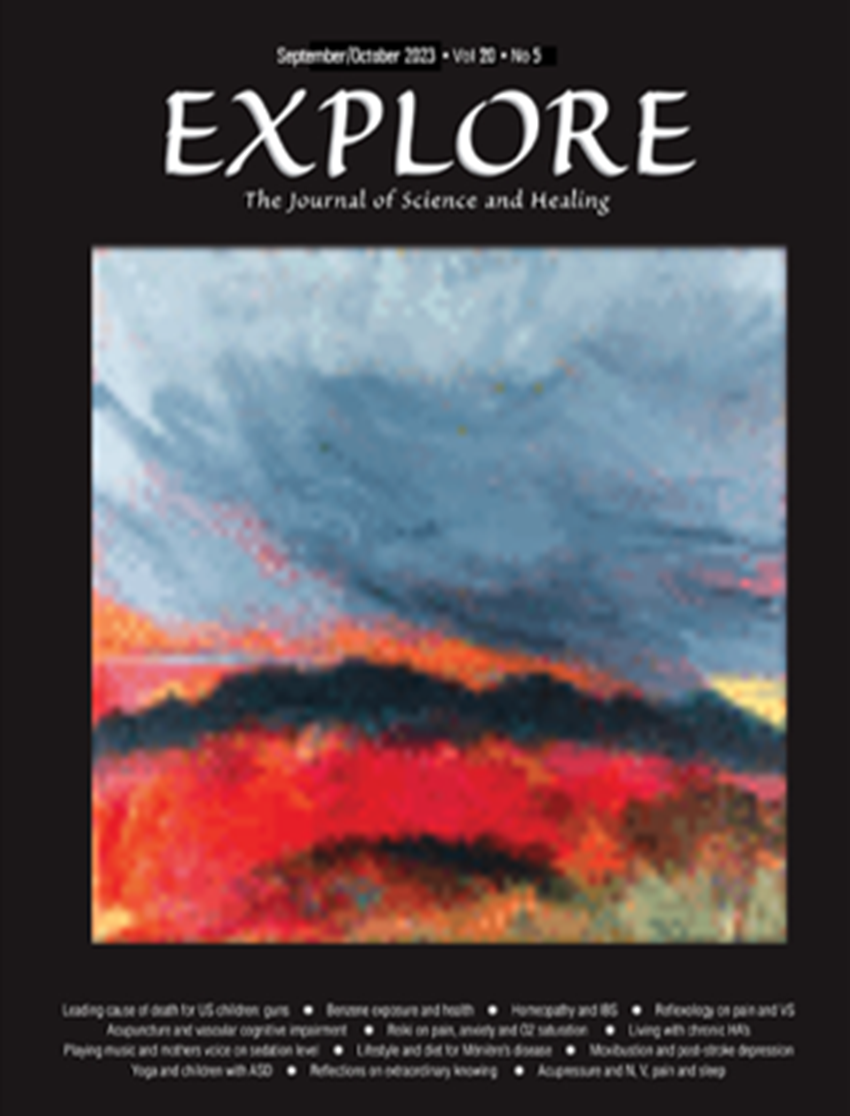Some people claim to occasionally know who is calling them without using traditional means. Some of these experiences are undoubtedly related to a combination of coincidence, selective memory, expectation, and subconscious anticipation from temporal regularities of calls with certain people. However, could this guess be due to an information transfer process (telepathy)? To study this, Helané Wahbeh, principal investigator of the research project 108/20 - A telephone telepathy study: Does genetic relatedness influence psychic abilities?, supported by the BIAL Foundation, conducted a cross-sectional study of groups of three participants (triads) who tried to guess who was calling them in 12 trials, six of which the web server randomly chose the caller before the callee's guess (telepathic/pre-selected) and six of which the caller was selected after the callee's guess (precognitive/post-selected). Accuracy was significantly above chance for the telepathic/pre-selected trials but not for the precognitive/post-selected trials. For more information check the paper Who's calling? Evaluating the accuracy of guessing who is on the phone published in the journal Explore.
ABSTRACT
Some people claim to occasionally know who is calling them without using traditional means. Controlled experiments testing these claims report mixed results. We conducted a cross-sectional study of triads examining the accuracy of knowing who was calling using two randomly selected designs: 1) a web server randomly chose the caller before the callee's guess (telepathic/pre-selected trials), and 2) a web server randomly chose the caller after the callee's guess (precognitive/post-selected trials). We also performed exploratory multilevel mixed-effects logistic regressions on the relationship of genetic relationships, emotional closeness, communication frequency, and physical distance data with accuracy. A total of 177 participants completed at least one trial (105 “completers” completed all 12 trials). Accuracy was significantly above chance for the 210 completers telepathic/pre-selected trials (50.0% where the chance expectation was 33.3%, p<.001) but not the 630 completers precognitive/post-selected trials (31.9% where the chance expectation was 33.3%, p = .61). We discuss how these results favor the psi hypothesis, although conventional explanations cannot be completely excluded. Genetic relatedness significantly predicted accuracy in the regression model (Wald χ2 = 53.0, P < .001) for all trials. Compared to 0% genetic relatedness, the odds of accurately identifying the caller was 2.88 times (188%) higher for 25% genetic relatedness (Grandparent/Grandchild or Aunt/Uncle or Niece/Nephew or Half Sibling; β = 1.06, z = 2.10, P = .04), but the other genetic relatedness levels were not significant. In addition, communication frequency was significant (β = 0.006, z = 2.19, P = .03) but physical distance (β = 0.0002, z = 1.56, P = .12) and emotional closeness (β = 0.005, z = 1.87, P = .06) were not for all trials. To facilitate study recruitment and completion, unavoidable changes due to persistent recruit difficulties to the protocol were made during the study, including changing inclusion/exclusion criteria, increasing total call attempts to participants, adjusting trial type randomization schema to ensure trial type balance, and participant compensation. Thus, future research will be needed to continue to improve the methodology and examine the mechanism by which people claim to know who is calling, as well as factors that may moderate the effects.



































































